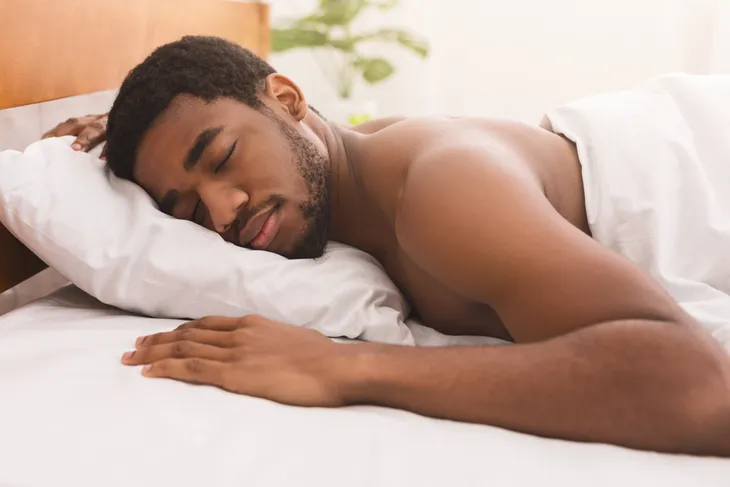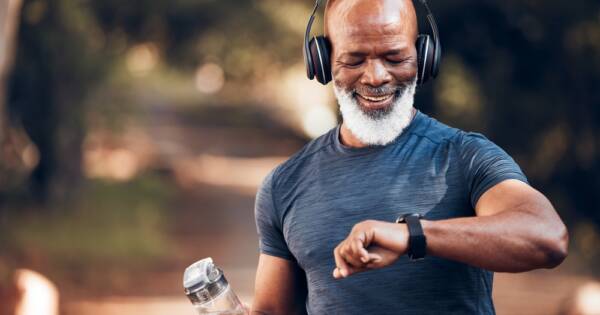We all suffer from the daily pressures of juggling family, work, social engagements and extracurricular activities. There never seems to be enough time during the day to get everything done that needs to be accomplished. It’s not surprising that many of us suffer from occasional or frequent bouts of stress. Did you know that stress can influence your health?
Stress related illnesses including insomnia, weight gain or loss, digestive issues and depression can be quite devastating, but stress has also been linked to skin problems. When your body experiences stress, a surge of hormones is released in an effort to prepare your body for flight. To help combat the negative effects of anxiety, here are five tips to managing stress in your daily life…
Follow a Regular Sleep Routine
It may seem like simple advice, but often the simplest advice is the best advice. Following a regular sleep routine can help you decompress, recharge and rejuvenate your body and mind after a particularly stressful day. Try going to bed at the same time every night and aim for 7- to 8-hours of sleep.
Resist the urge to stay up late, watching TV. In fact, try avoiding screen time altogether before bed–that includes tablets and smartphones. Studies have proven that reading on a backlit device before bed interrupts the body’s natural process of falling asleep. These devices also impact how sleepy and alert you are the following day.
Use Exercise to Combat Stress
Exercising regularly can have an enormous impact on how your body deals with stress. One of the most recommended ways to reduce stress by doctors is to have their patients exercise. The endorphins released when exercising can help improve your overall health including your stress levels, sleep pattern and mood.
The key to exercising is to choose something that you truly enjoy. Whether it’s going for a walk, taking an exercise class at the gym, going for a swim or lifting weights, exercise keeps us healthy. Make sure to mix up your exercise routine to prevent boredom and keep the motivation fresh.
Learn How to Meditate
One of the simplest ways to help alleviate stress is to practice deep breathing and meditation. It only takes a few minutes every day—either before bed or when you first wake up. If you can, choose a dark, quiet space, but if that’s not possible, grab your ear-buds and play some soft music. The music will help you block out your surroundings.
Breathe in through your nose, letting your abdomen expand and hold your breath for a count of three, before breathing out slowly through your mouth. Repeat this three times. Focus on your breathing and your heart beat, and try to focus your mind to prevent thinking about everything that you need to do. Deep breathing is especially important when your stress levels are high. Aim for meditating for at least 15- to 20-minutes, but if you’re feeling the pressure of life, a quick 5-minute meditation session will help.
Take Care of Your Skin
Even when you’re rushed for time, it’s important not to neglect your skin care routine, especially when you’re stressed and tired. Have you ever noticed that you break out more when you’re stressed? Stress causes a chemical response that makes your skin more sensitive. Your body also produces more cortisol when stressed, which causes your sebaceous glands to produce more oil. More oil means oily skin that is prone to acne.
You may want to go straight to bed, but taking an extra few minutes to wash your face and remove any facial products and makeup you’ve worn during the day will make a world of difference. If you’re prone to oily or dry skin, choose skin care products that are specifically designed for your skin type. Your skin will thank you for it.
Ask For Help When You Need it
Asking for help may not always be easy, but when you need a shoulder to cry on or someone to listen to you, it can help put things into perspective. Seeking support from family and friends or a professional isn’t a sign of weakness. In fact, it takes courage to admit you need help.
Sometimes in life we need help dealing with our issues and a support network can offer alternative strategies to help you manage your stress levels. Chances are you’re not the only person dealing with a stressful situation, so why not discover how other people managed their stress and overcame a potentially frustrating situation.








